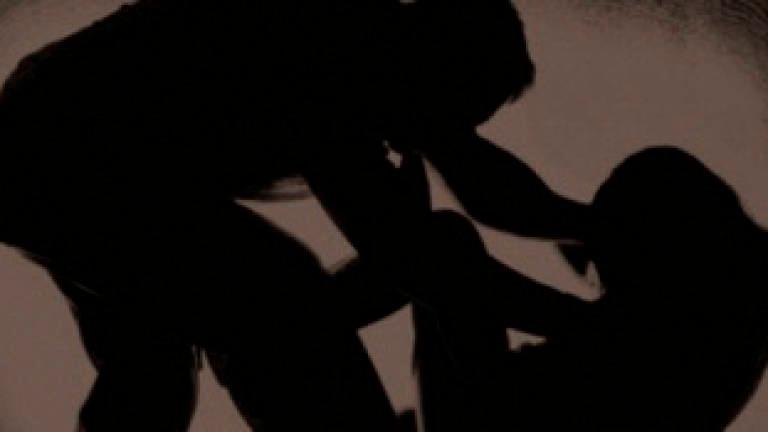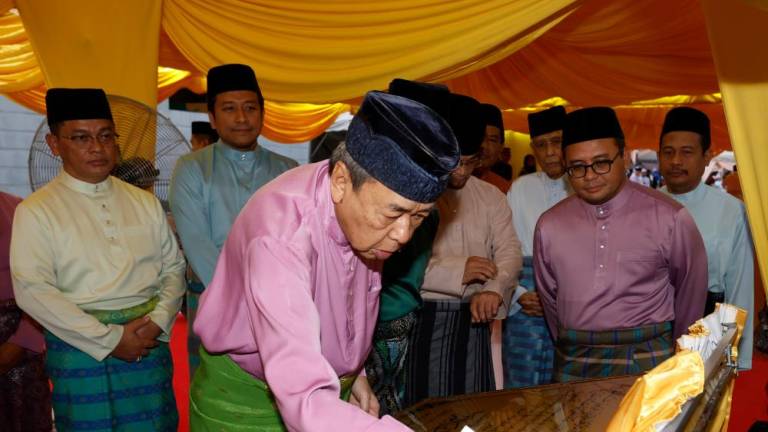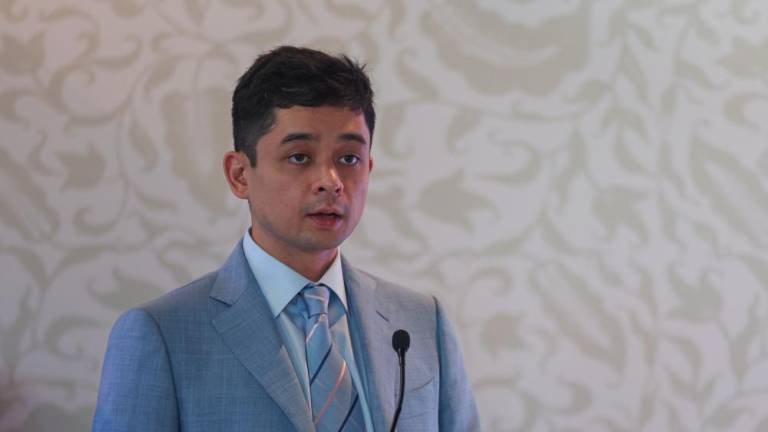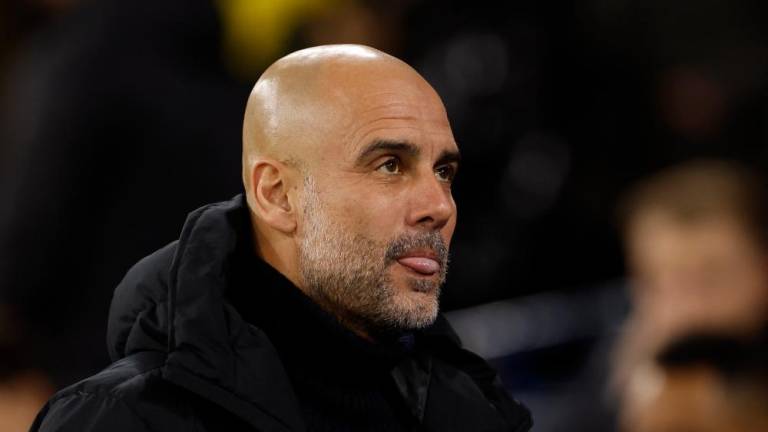PETALING JAYA: The beating hurts, but the shame is worse. That is the logic men live by, ingrained further by what society expects of them.
Men are perceived to be mentally, emotionally and physically stronger and therefore immune to spousal abuse and domestic violence.
It is this pervasive culture that keeps them from opening up on being at the receiving end of mental and physical abuse.
While women are more open to sharing their experience about being abused, men who are also victims of domestic violence tend to hide in the shadows, rendering them even more helpless, according to senior advocacy officer at the Women’s Aid Organisation (WAO) Rusni Tajari.
Officially, men account for about 25% of all domestic or spousal abuse victims but, Tajari said, this may not exactly reflect the reality. “Many cases go unreported,” she told theSun.
Under the Domestic Violence Act, abuse within the confines of the home covers more than just acts of violence against the spouse. Abuse against siblings and children are covered as well, and many men are subject to such mistreatment.
Universiti Sains Malaysia lecturer Dr Chooi Weng Tink said there are a few reasons men don’t speak up.
“Firstly it is not common that we encounter a female abuser. Male victims may also feel ashamed of their situation,” Chooi, who is with the Social Sciences faculty, said.
“Instead of being the ‘dominant’ figure and having their wives ‘submitting’ to their will, they are being abused by a woman. There is a shame or ego factor at work.”
She said men who are being abused also do not believe anyone will take notice if they tell their stories or relate their experience, so they choose to be silent.
All Women’s Action Society (Awam) programme and operations manager Nisha Sabanayagam said men who survive an abusive relationship only live to suffer high levels of social stigma.
“The man is now seen as having taken the place of the woman. For men, social expectations only make them feel ashamed of themselves.”
She said whenever Awam goes public on the issue of domestic violence against men, society sniggers and concludes that it is “shameful and silly” of men to be victims of gender and domestic abuse.
Nisha said a support group for men who are in abusive relationships will encourage them to open up and get help.
However, she is of the view that men could share the same support group as women.
“State resources are overwhelmingly focused on women’s issues so why have a separate group to compete for the same resources?” she asked.
She argued that it would be more cost effective for women survivors of abuse to share the same resources with the male victims.
She said Awam offers free counselling service for both men and women.
For the longer term, Nisha said, steps should be taken to determine the root cause of domestic violence and find solutions that are sustainable.














